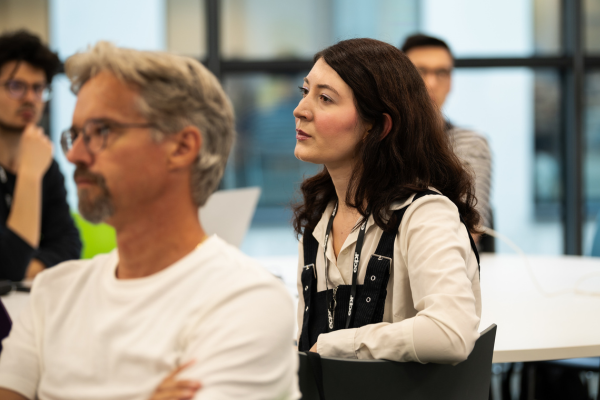
Thessaloniki, Greece
Mixed Methods in Political Marketing
When:
26 August - 29 August 2025
Credits:
4 EC
Read more
Political Science
When:
31 July - 05 August 2017
School:
Institution:
Augsburg University
City:
Country:
Language:
German
Credits:
4 EC

The peace summer school is a platform for participants to interact and discuss how our understanding of peace impacts our actions today and how we can manage conflicts in our environment - from a personal to global level.
The program consists of four modules (max. two modules can be attended) and diverse evening sessions with guest speakers.
Module 1: Basic training on mediation
This module provides participants with knowledge and competencies essential for the conflict mediation process. This includes the understanding of conflict, perception of and communication in a conflict, reflections of one’s own experiences and behaviour in conflict situations, necessary competencies of the mediator as well as creativity and conflict.
Module 2: Embodied Peacework
This module is an introduction to breathing-, voice- and movement-oriented approaches to peace and conflict transformation. It provides participants with a conceptual and theoretical basis of humanistic-psychological, phenomenological and peace research-related approaches. Central to this are (self-)experiences in resonance between intra- and interpersonal aspects, empathy as well as embodied perception and understanding, which will also be acted out in practical exercises.
Module 3: Analysing and managing conflict
We are constantly confronted with conflicts from a personal to a global level. Conflicts can cause us to feel insecure, even if we do not have a direct influence on them, as in the case of international conflicts. This module provides participants with concepts in order to better understand conflicts and their dynamics. This form of conflict analysis serves to better manage conflicts, in which we are involved in ourselves, according to our own ideas.
Module 4: Peace education in times of hatred and exclusion
Professionals in educational and social work are often confronted with statements and actions characterised by hate and exclusion in their professional environments. Young people, parents but also colleagues or other employees contribute to an atmosphere, which is diametrically opposed to the goal of establishing a peaceful environment committed to human rights. What support and can peace education offer? Competencies in constructive and non-violent conflict management are of great help and utmost importance in these situations.
Various scholars
The Peace Summer School is for all those interested in peace and conflict studies, including students, professionals and scholars.
When:
31 July - 05 August 2017
School:
Institution:
Augsburg University
Language:
German
Credits:
4 EC

Thessaloniki, Greece
When:
26 August - 29 August 2025
Credits:
4 EC
Read more

Munich, Germany
When:
21 July - 28 August 2025
Credits:
9 EC
Read more

Oxford, United Kingdom
When:
21 July - 08 August 2025
Credits:
7.5 EC
Read more